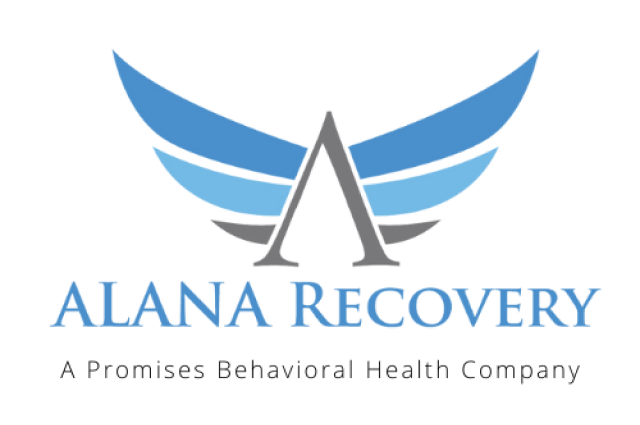Dealing with trauma is never easy, and for some, the effects can linger in ways that deeply impact daily life. Many people misunderstand post-traumatic stress disorder (PTSD), but unresolved trauma that becomes chronic and overlapping can develop into complex PTSD (C-PTSD).
At ALANA Recovery, our PTSD treatment program is here to help you overcome challenges and build a stronger, healthier future. Call 770.759.7474 to speak with someone from our team and take the first step to healing.
What to Know About Post-Traumatic Stress Disorder
Post-traumatic stress disorder is a mental health condition caused by experiencing or witnessing trauma. Symptoms include flashbacks, nightmares, severe anxiety, and difficulty with daily life. PTSD stems from lasting emotional responses to trauma. While these responses differ, common patterns often emerge:
- Intrusive thoughts or memories of the trauma
- Avoidance of reminders or situations linked to the trauma
- Heightened emotions, such as anger or fear, caused by small triggers
- Adverse shifts in mood and thought patterns, such as hopelessness
When left unresolved, this trauma may develop further, potentially leading to what’s called complex PTSD.
How Does PTSD Develop from Unresolved Trauma?
Trauma is personal—there’s no one-size-fits-all explanation. For some, a single traumatic event may cause PTSD, while for others, repeated or prolonged exposure to trauma is the root cause.
When unresolved, trauma keeps the brain in “survival mode,” making it hard to process emotions, build healthy relationships, or manage daily life. High-risk factors for PTSD include:
- Childhood abuse or neglect
- Repeated domestic violence
- Surviving war or conflict
- Prolonged workplace exploitation or systemic abuse
Not everyone develops PTSD after trauma, but unresolved emotions and memories can have lasting effects.
What Is Complex PTSD?
Complex PTSD is a type of PTSD caused by repeated or long-term trauma, often in situations where a person feels trapped or powerless. Signs of C-PTSD include:
- Intense feelings of shame, guilt, or self-blame
- Difficulty trusting others or forming attachments
- Trouble managing anger or emotional outbursts
- Feeling “broken” or disconnected from the world
- Reenacting trauma in relationships or daily life
Without treatment, C-PTSD can seriously impact mental and physical health and may lead to substance use as a coping mechanism.
Can PTSD Co-Occur with Addiction?
Yes, PTSD and substance abuse often go hand in hand. People coping with trauma may use drugs or alcohol to numb their pain or escape memories. While it may offer temporary relief, substance use often leads to dependency and worsens the trauma.
This overlap, called dual diagnosis, shows the need to treat both PTSD and addiction together. Focusing on one without the other can hinder recovery. Trauma-informed care combined with addiction treatment is key to helping patients reclaim their lives.
Tips for Those Living with PTSD
Here are tips for creating a safer, more grounded daily life:
- Practice grounding techniques – Manage overwhelming feelings with mindfulness exercises like deep breathing, meditation, or focusing on your surroundings.
- Build a support network – Connect with friends, family, or peer groups for understanding and encouragement.
- Adopt healthy habits – Exercise, eat well, and keep a consistent sleep schedule to boost resilience and emotional well-being.
- Be patient with yourself – Healing from PTSD takes time. Celebrate small victories and move at your own pace.
- Avoid harmful coping mechanisms – Stay away from substance use, which may provide short-term relief but worsens long-term issues.
- Seek professional help – Therapies like CBT or EMDR can help process trauma.
If you or someone you know is living with PTSD, remember that healing is possible.
Connect with ALANA Recovery and Enroll in a PTSD Treatment Program Today
At ALANA Recovery, we use trauma-informed care that considers your unique experiences. Our approach combines evidence-based practices and holistic methods that focus on the mind-body connection. By addressing PTSD and any co-occurring substance use disorders in a supportive and compassionate environment, we aim to give you tools to not only survive but thrive. Call 770.759.7474 or use our online contact form to begin your path toward a better future.

